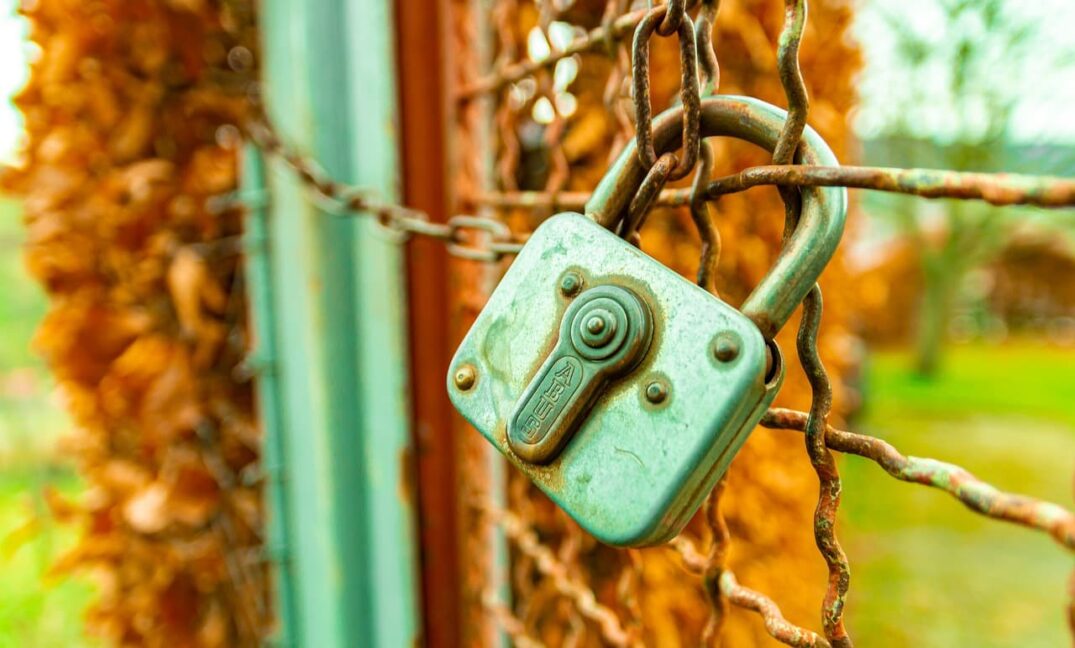OFAC (Office of Foreign Assets Control) sanctions can have a significant impact on the business and personal lives of those who find themselves under sanctions pressure. Inclusion on sanctions lists, such as the SDN (Specially Designated Nationals) list, can result in blocked assets and restricted ability to conduct financial transactions. How do I remove my name from the OFAC list is a question that often arises for those who find themselves on the lists, unfairly or mistakenly. This article will discuss legal advocacy strategies, the process of challenging a sanctions listing, and how to obtain OFAC licenses for legitimate operations under sanctions.
When a company or individual is sanctioned, it can affect their financial and business reputation, as well as limit their ability to do business. However, there are legal ways to challenge erroneous OFAC listings and obtain licenses for restricted operations. It is important to realize that the de-listing process can be long and complex, and requires knowledge of the procedures for filing petitions and dealing with regulators.
Sanctioned? Your Rights and Options
If you or your company has been placed on OFAC’s sanctions lists, it is important to understand that you have certain rights to challenge this inclusion. First and foremost, you need to know what you can and should do to protect your interests in such circumstances. Inclusion on sanctions lists, such as the SDN blocked persons list, can result in many restrictions, including blocking assets, prohibiting you from doing business with certain counterparties, and even restricting your travel rights.
One important step is to apply for removal from the list. However, in order to be successfully removed from the list, evidence must be provided that the inclusion in the sanctions was erroneous or that the conditions for inclusion on the list are no longer relevant.
The OFAC Maze: How to challenge erroneous designations
The process of challenging erroneous designations on OFAC sanctions lists is a complex legal process that requires care and a professional approach. In order to prove erroneous sanctions, it is necessary to collect documents and provide evidence to prove that there is no basis for blocking assets or imposing restrictions.
The challenge begins with filing an application with OFAC, which should outline all evidence explaining the reasons why the subject should not be on the list. It is also important to prepare all possible legal arguments that may help your case. If sanctions were imposed based on improper data or unreliable information, this could be an important argument in your favor.
SDN and Blocked Persons: What to do if you get on the list
Getting on the SDN list means that all assets of a company or an individual in the USA will be blocked and any financial transactions with them will be impossible. This is a serious restriction, which can hinder further activities in the international arena.
First and foremost, it is important to contact a lawyer who can help with preparing the correct documentation and representation before OFAC. The legal path to restoring a business or rights is to challenge the sanctions through petitioning or going to court. In some cases, special licenses may be granted for certain restricted transactions.

Path to lawful transactions under restrictions
If removal from the sanctions list is not possible, it is possible to obtain licenses from OFAC that allow certain transactions to take place despite the sanctions. These licenses are granted in special cases, such as for humanitarian aid or for transactions that are not contrary to U.S. government policy.
The process of obtaining a license also requires submitting a request to OFAC outlining the reasons why the transactions are necessary, as well as evidence that the transactions do not violate sanctions regimes. It is important to emphasize that OFAC licenses can be either full or partial, depending on the type of transactions and the risks associated with them.
Effective Application Strategies
To successfully apply for and obtain licenses, it is important to properly prepare all necessary documents. This includes a clear rationale for why sanctions were wrongly imposed or why a license should be granted for specific operations.
In addition, you should be prepared for the fact that the process can take a long time, and it is important to stay in contact with OFAC for up-to-date information on the progress of your case.
Attorney’s Role in Defending Against Sanctions Pressure
In a situation where OFAC sanctions are putting pressure on business or personal interests, the role of an attorney becomes key. A professional lawyer can not only assist in applying for and obtaining licenses, but also develop effective strategies to defend against sanctions pressure. With legal support, the chances of successfully challenging sanctions and obtaining authorizations to continue operating under restrictions can be significantly improved.
Lawyers experienced in international sanctions will help to understand the legal intricacies and represent clients in the right way, which is important for successful resolution of the situation.
